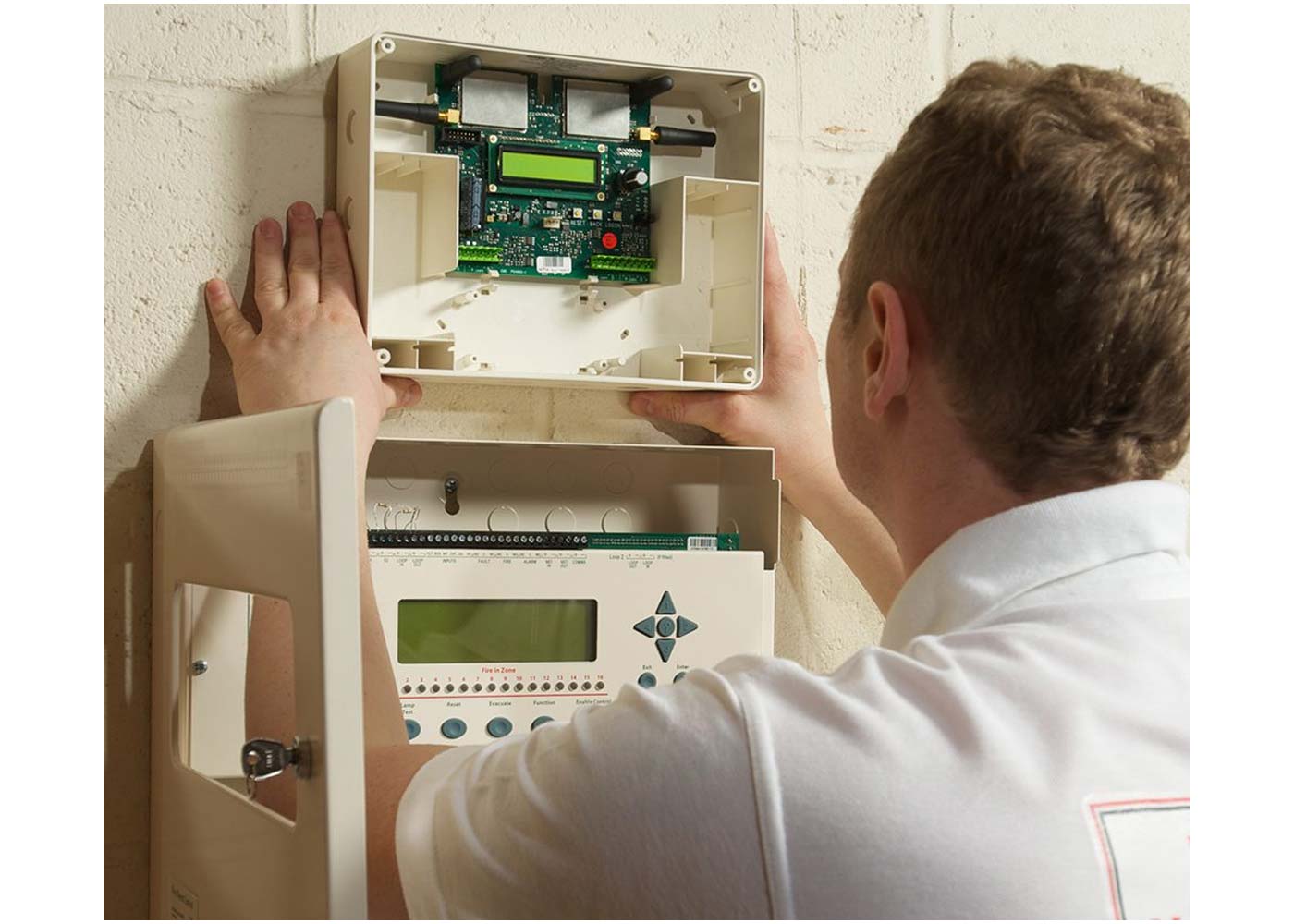
Selecting the most appropriate fire alarm system for your
business is a some important factor which determines whether your employees,
clients, and asset are protected. But since there are different possibilities,
it is important to note the characteristics which will assist in making the
right decision. In this blog post, we will be discussing these issues in a
casual and descriptive manner.
The fire safety need is as unique as the business and so it
matters that it is assessed in the right manner. The first step is to identify
what kind of business you are conducting and which risks you possibly face. For
instance:
- Manufacturing Facilities: These often involve flammable
materials, necessitating advanced detection systems.
- Restaurants: Kitchens are high-risk areas where heat and
smoke detection are crucial.
- Office Spaces: While generally low-risk, it's still vital
to have a reliable system in place.
Understanding your business’s various attributes will help
design a fire alarm system with maximum protection.
Understanding the different types of fire alarm systems will
help you choose the most suitable one:
- Conventional Systems: Divide your premises into zones.
When an alarm is triggered, the system identifies the zone but not the exact
location.
- Addressable Systems: More advanced, these systems pinpoint
the exact location of the triggered alarm, allowing for quicker response.
- Wireless Systems: Ideal for buildings where wiring is
impractical, offering flexibility in installation.
Consider the size and layout of your building when selecting
a system. Larger or more complex structures may benefit from addressable
systems due to their precise detection capabilities.
Fire safety regulations vary by location and industry. It's
imperative to familiarize yourself with the codes applicable to your business.
Non-compliance can result in fines and increased liability.
- Local Building Codes: These often dictate specific requirements
for fire alarm systems.
- Industry Standards: Certain industries have stringent fire
safety standards that must be met.
Consulting with local fire authorities or a fire safety
professional can help ensure your system complies with all necessary regulations.
Modern fire alarm systems can integrate with other safety
and security systems, enhancing overall protection:
- Sprinkler Systems: Integration allows for automatic
activation in case of fire.
- Security Systems: Combining fire and security alarms can
streamline monitoring and response.
- Emergency Lighting: Ensures safe evacuation during an
incident.
Discuss integration options with your fire alarm provider to
create a cohesive safety network within your business premises.
Regular maintenance is crucial to keep your fire alarm
system in optimal condition. Additionally, consider professional monitoring
services:
- Maintenance: Routine inspections and testing help identify
and rectify issues before they become serious problems.
- Monitoring: 24/7 monitoring services can alert emergency
responders promptly, even when the building is unoccupied.
Ensure that the provider offers comprehensive maintenance plans
and reliable monitoring services to maintain continuous protection.
As your business grows, your fire safety needs may evolve.
Choose a system that can adapt to changes:
- Scalability: Opt for systems that can be expanded or
upgraded easily.
- Flexibility: Consider wireless or modular systems that can
accommodate structural changes or expansions.
Planning for the future ensures that your investment remains
valuable and effective as your business evolves.
While cost shouldn't compromise safety, it's essential to
consider your budget:
- Initial Costs: Include equipment, installation, and any
necessary building modifications.
- Ongoing Expenses: Factor in maintenance, monitoring fees,
and potential upgrades.
Remember, investing in a quality fire alarm system is an
investment in the safety and longevity of your business.
Choosing the appropriate fire alarm system for your
enterprise means evaluating the necessity, studying the difference between the
types, checking for the availability of legal requirements, thinking about
possibilities of integration, maintenance, scalability, and budget. With these
factors in mind, one can comfortably and effectively select a fire alarm system
that is firstly protective enough, but also more importantly reliable, and most
importantly fits your company’s goals.